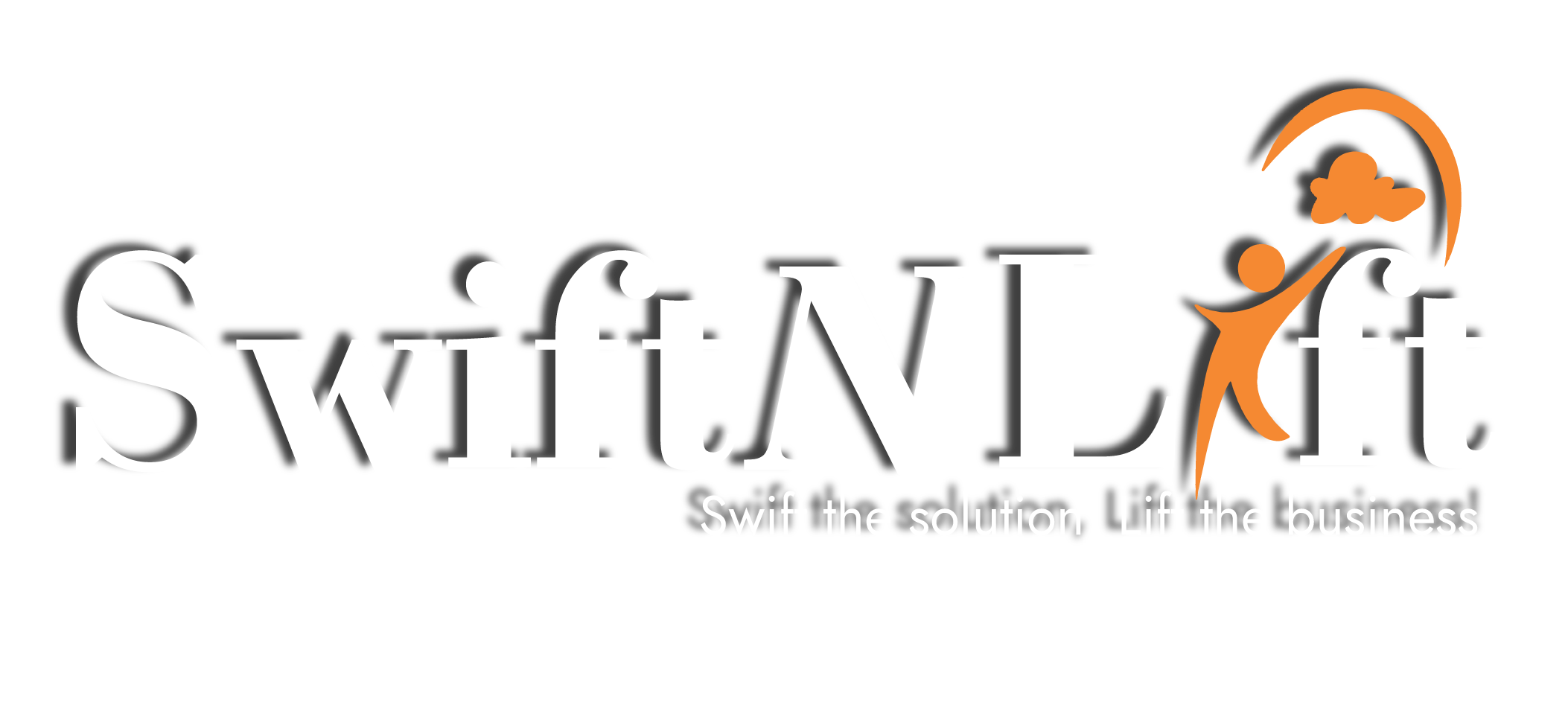
Introduction: In an era of rapidly evolving manufacturing landscapes, the machine tool industry finds itself at the crossroads of technological innovation and efficiency enhancement. As industries worldwide strive for higher precision, faster production, and increased automation, the machine tool sector is embracing digital transformation to reshape its future. This article delves into the current trends, challenges, and opportunities in the machine tool industry’s journey towards a more technologically advanced and interconnected future.
- Industry 4.0 Integration: The advent of Industry 4.0 is ushering in a new era of smart manufacturing. Machine tools are becoming more intelligent and capable of collecting and analysing vast amounts of data in real time. This integration enables predictive maintenance, reducing downtime and increasing overall efficiency. Sensors, IoT connectivity, and data analytics are driving the creation of connected factories, where machines communicate seamlessly to optimise production processes.
- Precision and Automation: As industries demand higher precision and quality in their products, machine tool manufacturers are responding with advanced automation solutions. Robotic arms, CNC systems, and adaptive control technologies are being integrated into machine tools, enabling more precise and complex operations. These advancements not only improve product quality but also reduce human intervention, resulting in consistent and repeatable manufacturing outcomes.
- Additive Manufacturing Synergy: The convergence of additive manufacturing (3D printing) and traditional subtractive processes is reshaping the machine tool industry. Hybrid machines that combine both technologies offer the best of both worlds, allowing for intricate designs through additive processes and precise finishing via subtractive techniques. This synergy is opening doors to previously unattainable geometries and materials, driving innovation across sectors.
- Sustainable Manufacturing Focus: The machine tool industry is embracing sustainability in response to global environmental concerns. Manufacturers are designing energy-efficient machines, reducing material waste, and optimising processes to minimise their ecological footprint. This commitment to sustainability not only aligns with global initiatives but also showcases the industry’s dedication to responsible manufacturing practises.
- Skills and Workforce Challenges: While technology adoption is on the rise, the industry faces challenges in finding and nurturing a skilled workforce capable of harnessing these innovations. As machines become more sophisticated, the demand for specialised knowledge in programming, automation, and data analytics is growing. Collaborations between academia, industry, and training programmes are essential to bridge the skills gap and ensure a competent workforce.
- Global Supply Chain Dynamics: The machine tool industry is closely intertwined with global supply chains. Recent disruptions have underscored the importance of building resilient supply networks that can withstand shocks. Manufacturers are reevaluating their sourcing strategies, diversifying suppliers, and exploring local production to mitigate potential disruptions and ensure a stable supply of critical components.
Conclusion: The machine tool industry is navigating a transformative period driven by technological advancements and changing manufacturing paradigms. As digital transformation becomes a linchpin of progress, machine tool manufacturers are embracing Industry 4.0, automation, sustainability, and additive manufacturing to create a more efficient, precise, and interconnected future. By addressing challenges and capitalising on opportunities, the industry is poised to shape the future of manufacturing in profound ways.






